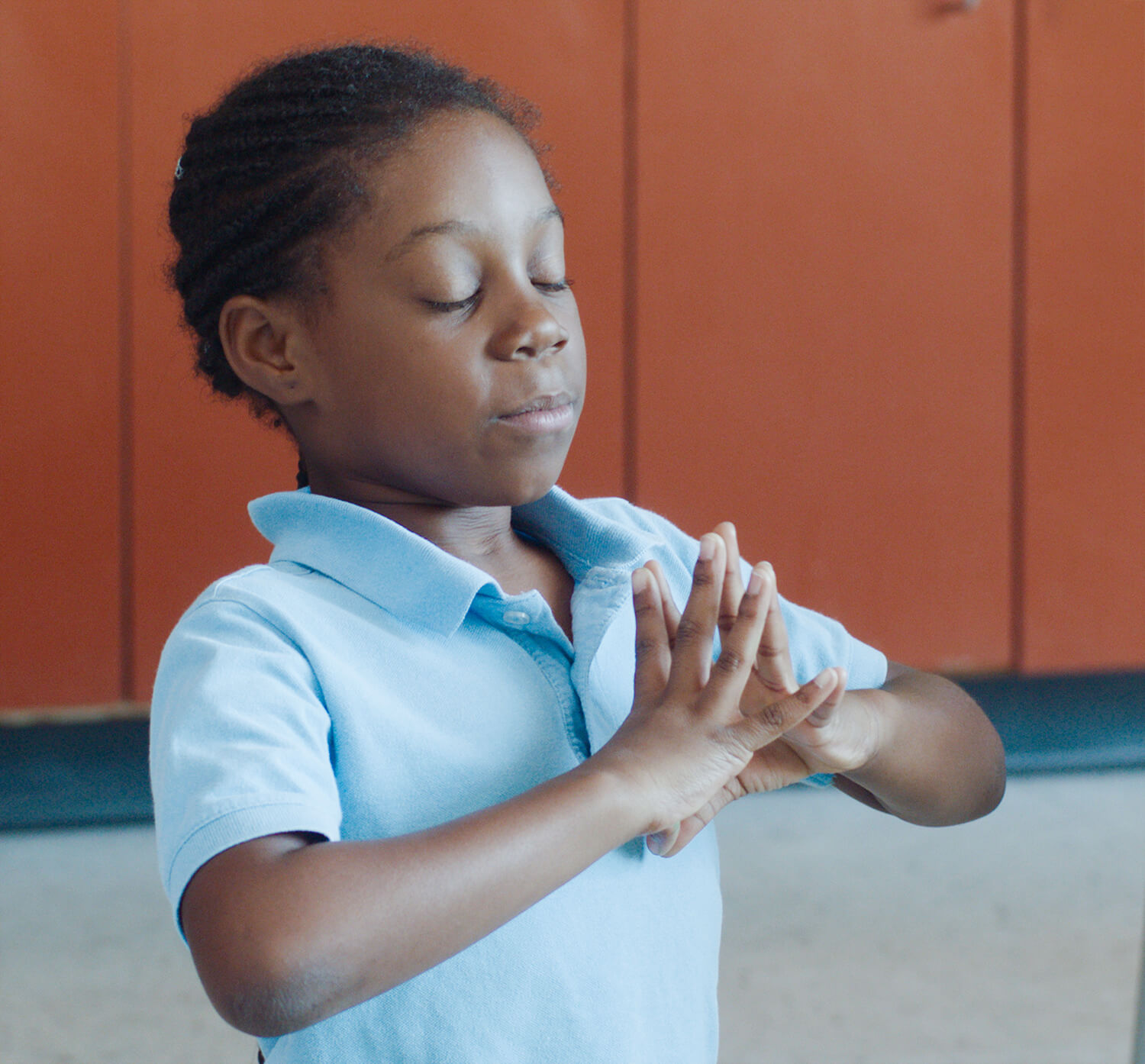Emotional intelligence, or EQ, begins to develop in childhood. Nurturing a child’s EQ will help equip them with the skills they need to navigate life’s challenges and is critical for success in academics, personal relationships, and life.
At Frameworks, we support adults in creating an environment that helps children cultivate the best versions of themselves by supporting positive youth development from the inside out. Having high emotional intelligence is a reliable predictor of future success. It takes a village to support the whole child. All of the adults in a child’s life—in the classroom, at school, at home, and in the community—must work together to provide meaningful opportunities to advance the EQ development of our youth to ensure they have every opportunity to reach their full potential. Educators and parents already intuitively model the skills needed to build emotional intelligence; Frameworks helps make this work more intentional and strategic by enriching it through research-based trainings, resources, and best practices.
As children develop their EQ, they are building a toolbox of skills and strategies to pull from when they face any challenge, big or small. Our work proactively helps to build that toolbox, so it is best done before significant problems arise. In this sense, our work is on the proactive, preventative side of youth development. It is most effective when infused all day, every day throughout teaching, mentoring, and parenting.


